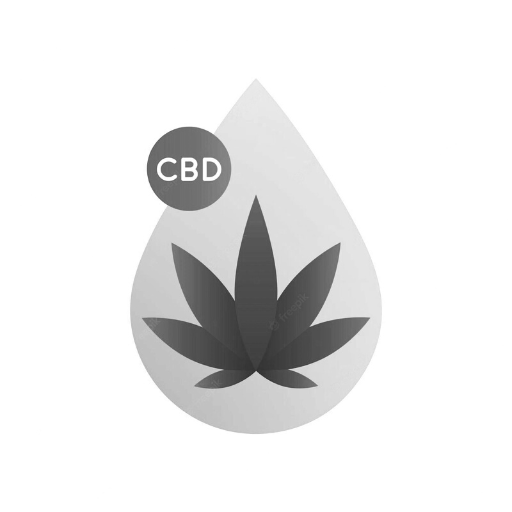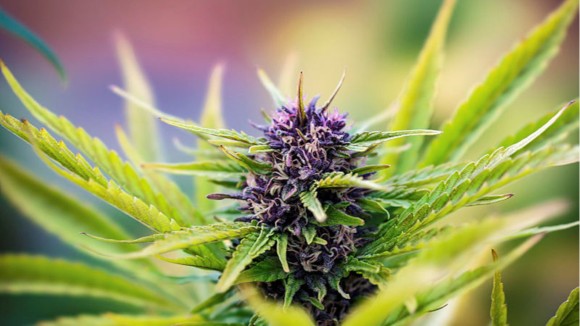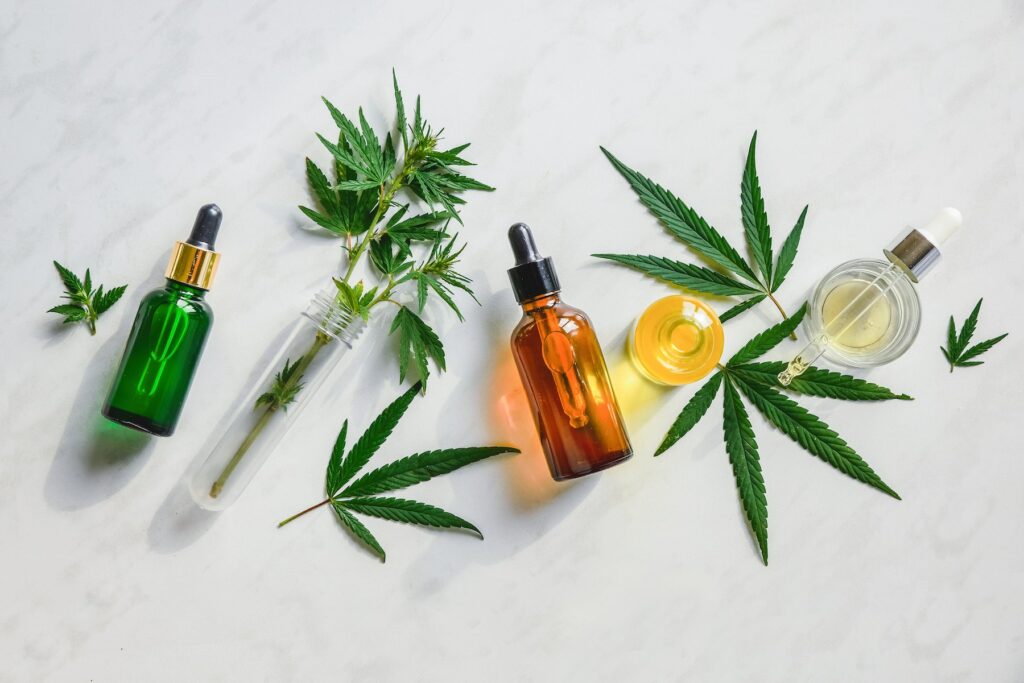
How to Choose High-Quality CBD Oil: A Buyer’s Guide

Introduction
CBD oil has become one of the most popular natural remedies for everything from anxiety and pain to inflammation and sleep disorders. With so many products flooding the market, it can be difficult to distinguish between high-quality CBD oil and subpar options. Choosing the right product is essential not just for effectiveness, but also for your safety.
Understanding the Basics of CBD
CBD, or cannabidiol, is a compound found in hemp plants that interacts with the body’s endocannabinoid system. Unlike THC, it doesn’t produce a psychoactive high, making it an appealing option for people seeking relief without mind-altering effects.
CBD oil typically contains CBD extract combined with a carrier oil like MCT (coconut oil), hemp seed oil, or olive oil. It may also include other cannabinoids, terpenes, and flavonoids, depending on whether it’s full-spectrum, broad-spectrum, or an isolate.
Types of CBD Extracts

CBD (cannabidiol) has gained immense popularity for its therapeutic potential, but not all CBD products are created equal. One of the most important distinctions you’ll encounter when shopping for CBD oil is the type of extract used in the formulation. The three primary categories are Full-Spectrum CBD, Broad-Spectrum CBD, and CBD Isolate. Each has unique characteristics, benefits, and ideal use cases. Choosing the right type depends on your health goals, personal sensitivity to cannabinoids like THC, and even the legal restrictions in your area.
Let’s break down each extract type in detail to help you make a more informed decision.
1. Full-Spectrum CBD: Harnessing the Power of the Whole Plant
Full-Spectrum CBD is considered the most “complete” form of CBD extract. It contains the entire range of naturally occurring compounds found in the hemp plant, including:
- Cannabinoids (CBD, THC, CBG, CBC, etc.)
- Terpenes (aromatic compounds like myrcene, limonene, and pinene)
- Flavonoids (plant-based antioxidants)
- Essential fatty acids and vitamins
The most defining feature of full-spectrum products is that they contain trace amounts of THC, usually less than 0.3%, which is the federally legal limit in many countries, including the United States. While this amount is not enough to produce psychoactive effects in most people, it can contribute to the overall therapeutic benefits of the product.
The Entourage Effect
The key reason full-spectrum CBD is so valued is due to a concept known as the “entourage effect.” This theory suggests that cannabinoids, terpenes, and other plant compounds work better together than in isolation. When these compounds are consumed together, they may enhance each other’s effects, making the CBD more effective in treating symptoms like anxiety, chronic pain, and inflammation.
Pros of Full-Spectrum CBD:
- Enhanced therapeutic effects due to the entourage effect
- Typically more effective at lower doses compared to isolates
- Best for chronic conditions requiring multi-symptom relief
Cons of Full-Spectrum CBD:
- May contain trace THC, which could show up on drug tests
- Not suitable for those sensitive to THC
- May be restricted in countries or states with strict cannabis laws
Best For:
- Users who want a holistic, natural remedy
- Individuals managing chronic pain, inflammation, or anxiety
- Those comfortable with small, legal amounts of THC
2. Broad-Spectrum CBD: THC-Free, But Still Powerful
Broad-Spectrum CBD is a middle-ground option between full-spectrum and isolate. It contains all the beneficial cannabinoids, terpenes, and flavonoids, just like full-spectrum CBD — but with one major exception: THC is completely removed.
This type of extract is ideal for users who want the full plant benefits without any risk of THC exposure. It’s often chosen by those who are:
- Subject to routine drug testing (e.g., athletes, professionals)
- Sensitive to THC
- Living in areas with zero-tolerance THC laws
Maintaining the Entourage Effect
Although broad-spectrum products don’t contain THC, they can still offer a partial entourage effect thanks to the presence of other cannabinoids like CBG (Cannabigerol) and CBC (Cannabichromene), as well as a range of terpenes. However, the absence of THC may reduce the synergistic potential slightly compared to full-spectrum options.
Pros of Broad-Spectrum CBD:
- Offers many of the benefits of full-spectrum without THC
- Safer for people who are THC-sensitive or need to pass drug tests
- Still supports the entourage effect, though to a lesser degree
Cons of Broad-Spectrum CBD:
- May not be as potent as full-spectrum in certain therapeutic applications
- Some products may still contain trace THC due to inadequate purification
- Limited availability compared to full-spectrum and isolate
Best For:
- Individuals avoiding THC for legal or personal reasons
- Users with THC sensitivity or drug testing concerns
- Those seeking a well-rounded cannabinoid profile
3. CBD Isolate: Pure and Precise
CBD Isolate is the purest form of CBD, usually containing 99%+ cannabidiol with all other cannabinoids, terpenes, and plant compounds removed. It comes in crystal or powder form, and is often used to create tinctures, topicals, capsules, and edibles.
Because it contains only CBD and nothing else, it offers a clean and controlled way to incorporate cannabidiol into your wellness routine. This makes it appealing to first-time users or individuals with allergies or sensitivities to other cannabis compounds.
Precision Dosing and Versatility
One of the biggest advantages of CBD isolate is its precision. Without other cannabinoids interfering, it allows for consistent, measurable dosing — making it ideal for research, controlled medical use, or people with specific needs.
Pros of CBD Isolate:
- Contains no THC — 100% safe for drug testing
- Ideal for people with allergies or sensitivities
- Flavorless and odorless — easy to mix into food or beverages
- Often more affordable than full- or broad-spectrum oils
Cons of CBD Isolate:
- Lacks the entourage effect
- May require higher doses to achieve the same therapeutic results
- Effects may be less pronounced for chronic or complex conditions
Best For:
- Users seeking a THC-free product with absolute purity
- People with high sensitivity to terpenes or other cannabinoids
- Individuals just beginning their CBD journey
Also Read: How CBD Dog Treats Can Help with Pain Management in Senior Dogs
Which Type of CBD Extract is Right for You?
Choosing between full-spectrum, broad-spectrum, and isolate depends on several factors, including your health goals, your sensitivity to cannabinoids, and your local laws.
- Go with Full-Spectrum if you’re looking for robust therapeutic benefits and don’t mind trace amounts of THC.
- Choose Broad-Spectrum if you want many of the same benefits but need to avoid THC altogether.
- Opt for CBD Isolate if you prefer a clean, simple product or are new to CBD and want to start slow.
Here’s a quick comparison:
| Type of Extract | Contains THC | Entourage Effect | Best For |
|---|---|---|---|
| Full-Spectrum | Yes (<0.3%) | Strong | Chronic conditions, experienced users |
| Broad-Spectrum | No | Moderate | THC-sensitive individuals, drug test concerns |
| CBD Isolate | No | None | Beginners, precise dosing, absolute THC-free |
Conclusion
Understanding the differences between CBD extract types is critical to choosing the right product for your wellness routine. Whether you want the full power of the entourage effect, a THC-free experience, or the clean simplicity of CBD alone, there’s a product out there to meet your needs. Always check third-party lab reports, read ingredient labels carefully, and consult with a healthcare provider if you’re unsure which type is best for you.